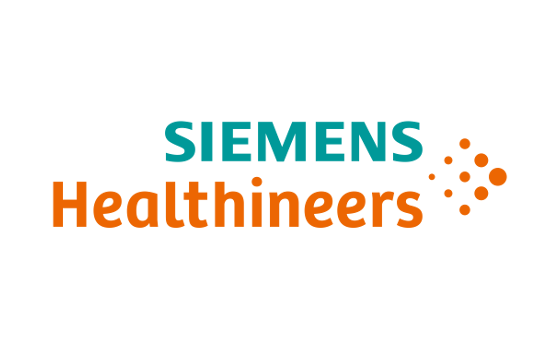 Siemens Healthineers has opened its new Innovation Center in Erlangen, Germany, in the heart of the regional medical technology research area known as Medical Valley. The focus is on open innovation by collaborating with external partner companies, start-ups and academic and clinical institutions to improve healthcare worldwide. The innovation center complements an existing ecosystem of centers in Shanghai, China, and Bengaluru, India. The underpinning idea is to create an infrastructure to strengthen innovation across the region, promote open collaboration in research, development and production, and enable customer- and market-oriented development.
Siemens Healthineers has opened its new Innovation Center in Erlangen, Germany, in the heart of the regional medical technology research area known as Medical Valley. The focus is on open innovation by collaborating with external partner companies, start-ups and academic and clinical institutions to improve healthcare worldwide. The innovation center complements an existing ecosystem of centers in Shanghai, China, and Bengaluru, India. The underpinning idea is to create an infrastructure to strengthen innovation across the region, promote open collaboration in research, development and production, and enable customer- and market-oriented development.
"With our new Innovation Center, we are highlighting our commitment to the Erlangen and Forchheim locations and continuing to consistently implement our strategy of an open innovation culture," said Peter Schardt, Chief Technology Officer (CTO) of Siemens Healthineers. "The goal is to jointly focus on new technologies and value-added processes that have the potential to disrupt the healthcare system for the benefit of patients. By promoting open collaborations and projects, Siemens Healthineers and its customers will enable more people around the world to access high-quality medical care - from precise diagnosis to the right therapy."
Among other things, the company’s ASOR community has a co-working space in the new premises to further advance research and development for extended reality applications with internal and external partner companies, and to make digital content more tangible. Specifically, the aim is to test and develop prototypes and to virtually simulate medical technology solutions and applications, for example for training.
The Innovation Center is also home to partnerships such as the digital health innovation platform d.hip, an alliance of industry, university medicine and research organizations which aims to advance the digitization of the healthcare system.
In fiscal 2022 Siemens Healthineers invested around €1.8 billion in research and development and holds around 23,000 technical property rights, including around 15,000 granted patents.
About Siemens Healthineers
Siemens Healthineers AG (listed in Frankfurt, Germany: SHL) pioneers breakthroughs in healthcare. For everyone. Everywhere. As a leading medical technology company headquartered in Erlangen, Germany, Siemens Healthineers and its regional companies are continuously developing their product and service portfolio, with AI-supported applications and digital offerings that play an increasingly important role in the next generation of medical technology. These new applications will enhance the company's foundation in in-vitro diagnostics, image-guided therapy, in-vivo diagnostics, and innovative cancer care. Siemens Healthineers also provides a range of services and solutions to enhance healthcare providers' ability to provide high-quality, efficient care. In fiscal 2022, which ended on September 30, 2022, Siemens Healthineers, which has approximately 69,500 employees worldwide, generated revenue of around €21.7 billion and adjusted EBIT of almost €3.7 billion.